Something that I liked about Keystone that didn't happen at any other place was that they showed a lot of patience during my whole treatment. They solved any doubts I had and did it in a good way.
About Keystone Youth Center
Located in Rock Hill, South Carolina, Keystone Youth Center is a substance use treatment facility for pre teens, teens and young adults. It’s just a few minutes away from Winthrop University and downtown Rock Hill. They offer three outpatient programs to help guide clients to recovery.
Evidence Based Treatments to Promote Change
The facility will use evidence based treatments such as individual counseling and group counseling to help change your loved one’s behavior. The individual counselor will assist your loved one with setting and achieving treatment goals as well as understanding the cause of their addiction.
Youth clients will also receive guidance on alternative ways of coping with stress such as having a support system and finding health hobbies.
Group counseling will be beneficial in helping patients practice the communication skills they will need for building a support system. They’ll also be able to receive the encouragement of their peers and learn from their insights. Common topics related to addiction that might be discussed in adolescent group therapy are peer pressure and establishing boundaries.
The staff will likely use therapeutic approaches such as dialectical behavioral therapy and cognitive behavioral therapy. They’ll help your loved one change negative beliefs that are limiting their recovery and learn techniques such as mindfulness to manage their stress. Clients can walk in for an assessment to determine which of the three outpatient programs available may best suit their needs.
Healing in the Park
A great place you can visit after your treatment sessions is Fountain Park. The community area features a circular fountain and a large lawn. It can be a nice spot for you to sit and read or just relax.
Facility Overview
Latest Reviews
Rehab Score
Gallery
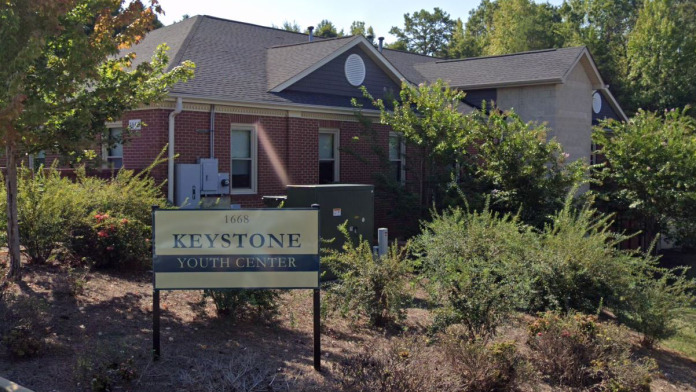
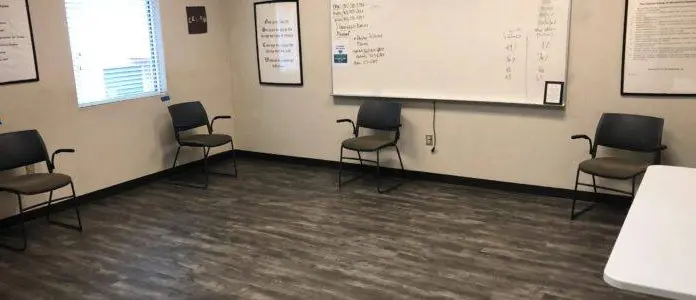
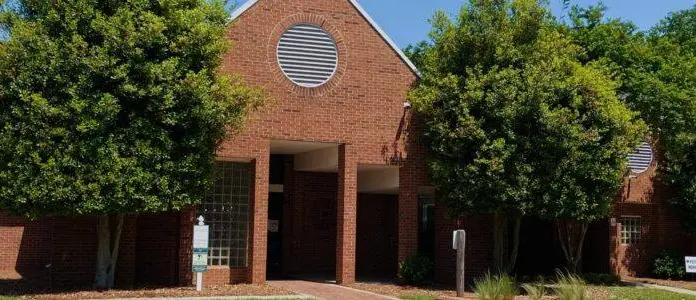
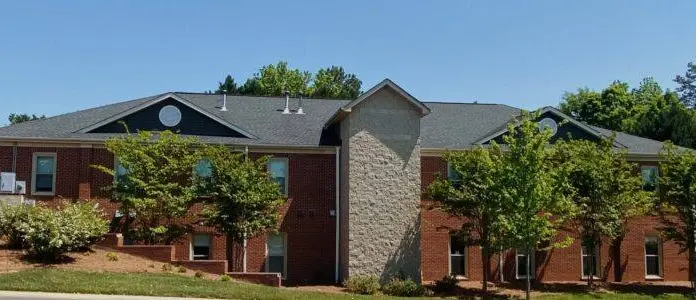
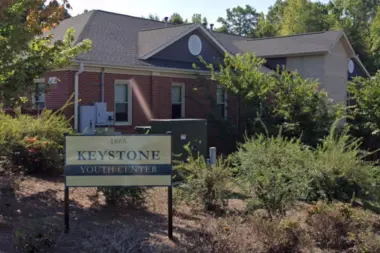
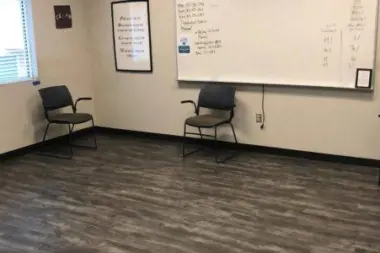
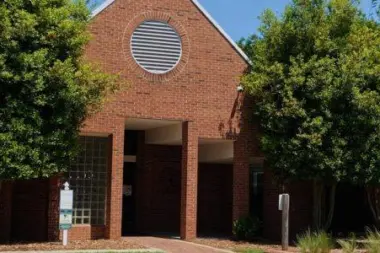
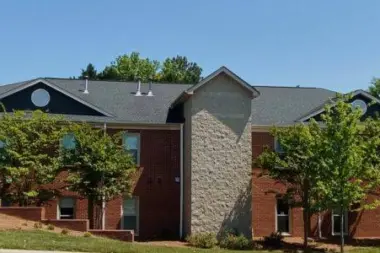
Accepted Insurance
Other Forms of Payment
Private insurance refers to any kind of healthcare coverage that isn't from the state or federal government. This includes individual and family plans offered by an employer or purchased from the Insurance Marketplace. Every plan will have different requirements and out of pocket costs so be sure to get the full details before you start treatment.
Self-pay involves paying for treatment out of your own pocket. You can use savings or credit, get a personal loan, or receive help from family and friends to fund your treatment. If you don't have insurance or your insurance plan doesn't cover a specific program, self-pay can help ensure you still get the care you need.
Medicare is a federal program that provides health insurance for those 65 and older. It also serves people under 65 with chronic and disabling health challenges. To use Medicare for addiction treatment you need to find a program that accepts Medicare and is in network with your plan. Out of pocket costs and preauthorization requirements vary, so always check with your provider.
Military members, veterans, and eligible dependents have access to specific insurance programs that help them get the care they need. TRICARE and VA insurance can help you access low cost or no cost addiction and mental health treatment. Programs that accept military insurance often have targeted treatment focused on the unique challenges military members, veterans, and their families face.
Medicaid is a state based program that helps lower-income individuals and families pay for healthcare. Medicaid covers addiction treatment so those enrolled can use their coverage to pay for rehab. When a program accepts Medicaid the client often pays very little or nothing out of their own pocket.
Addiction Treatments
Levels of Care
Outpatient Programs (OP) are for those seeking mental rehab or drug rehab, but who also stay at home every night. The main difference between outpatient treatment (OP) and intensive outpatient treatment (IOP) lies in the amount of hours the patient spends at the facility. Most of the time an outpatient program is designed for someone who has completed an inpatient stay and is looking to continue their growth in recovery. Outpatient is not meant to be the starting point, it is commonly referred to as aftercare.
A program designed for 24- hour treatment services with priority given to pregnant substance abusing women. Just because a woman is pregnant doesn't mean addiction disappears. Keystone's Residential Program began in 1998 with priority for pregnant women to provide the treatment the woman needs while also ensuring the baby she is carrying receives prenatal care.
Intensive Outpatient Programs (IOP) are for those who want or need a very structured treatment program but who also wish to live at home and continue with certain responsibilities (such as work or school). IOP substance abuse treatment programs vary in duration and intensity, and certain outpatient rehab centers will offer individualized treatment programs.
Clients engaged in a rehab aftercare program are in a more advanced stage of recovery. Many have already completed inpatient detox and/or rehab and have returned to their home, workplace, and community. Rehab aftercare services are designed to support clients' recovery over the long term and typically include a broad portfolio of resources, such as peer coaching and 12 step program induction. Clients may collaborate with their case manager and care team to create their care plan.
Intervention services helps family or friends of addicts stage an intervention, which is a meeting in which loved ones share their concerns and attempt to get an addict into treatment. Professional intervention specialists can help loved ones organize, gather, and communicate with an addict. They can guide intervention participants in describing the damage the addict's behavior is causing and that outside help is necessary to address the addiction. The ideal outcome of an intervention is for the addict to go to rehab and get the help they need.
As a short-term option, a partial hospitalization program (PHP) provides an intensive rehab option for individuals with acute symptoms. PHP treatment focuses on management without requiring 24-hour care. During PHP treatment, you may engage in behavioral therapy services, psychoeducation, and periodic evaluations conducted by licensed professionals. The duration of a partial hospitalization program can average 90-130 days based on your progress. Insurance coverage may vary, but many providers offer full or partial coverage for PHP.
At certain points in the recovery process, it's important to have support available 24/7. 24-hour clinical care offers a safe environment in which to recover from drug or alcohol addiction in peace, knowing medical detox and other treatment will happen with professionals on hand.
Detox is a "clearing of toxins." It is a period of time when the body's physiology is adjusting to absence of alcohol/other drugs and the person begins to make psychological re-adjustments necessary for ongoing treatment. Keystone provides a safe, humane withdrawal period while protecting the individual's dignity. Keystone's caring staff, supportive environment, cultural sensitivity and confidentiality will help you achieve better outcomes in your next step to further treatment. Keystone has both a Medical and Social level of Detoxification which are staffed by medical personnel and under the supervision of a Medical Director. The approximate length of stay for Social Detoxification is 2-10 days.
Treatments
The goal of treatment for alcoholism is abstinence. Those with poor social support, poor motivation, or psychiatric disorders tend to relapse within a few years of treatment. For these people, success is measured by longer periods of abstinence, reduced use of alcohol, better health, and improved social functioning. Recovery and Maintenance are usually based on 12 step programs and AA meetings.
Choosing a drug rehab in South Carolina helps you overcome drug dependency, learn how to manage cravings, and obtain the tools needed to prevent relapse. This is accomplished through individualized treatment that addresses a full spectrum of physical, social, and emotional needs.
Compass: A program designed to serve persons with co-occurring substance use and behavioral health conditions who may benefit from a smaller group setting and services geared to address these specific needs. Group meets Monday, Tuesday, Wednesday, and Friday from 12:30pm—3:30pm. Typical program length is 12-18 weeks and includes 4-6 weeks of recovery management.
Opioid rehabs specialize in supporting those recovering from opioid addiction. They treat those suffering from addiction to illegal opioids like heroin, as well as prescription drugs like oxycodone. These centers typically combine both physical as well as mental and emotional support to help stop addiction. Physical support often includes medical detox and subsequent medical support (including medication), and mental support includes in-depth therapy to address the underlying causes of addiction.
Substance rehabs focus on helping individuals recover from substance abuse, including alcohol and drug addiction (both illegal and prescription drugs). They often include the opportunity to engage in both individual as well as group therapy.
Programs
Adult rehab programs include therapies tailored to each client's specific needs, goals, and recovery progress. They are tailored to the specific challenges adult clients may face, including family and work pressures and commitments. From inpatient and residential treatment to various levels of outpatient services, there are many options available. Some facilities also help adults work through co-occurring conditions, like anxiety, that can accompany addiction.
Clinical Services
Group therapy participants in South Carolina learn practical conflict resolution skills they can practice within the group. These skills are essential for improving your relationships and reducing stress outside rehabilitation. Both of these factors are crucial to help maintain your recovery.
In individual therapy, a patient meets one-on-one with a trained psychologist or counselor. Therapy is a pivotal part of effective substance abuse treatment, as it often covers root causes of addiction, including challenges faced by the patient in their social, family, and work/school life.
Trauma therapy addresses traumatic incidents from a client's past that are likely affecting their present-day experience. Trauma is often one of the primary triggers and potential causes of addiction, and can stem from child sexual abuse, domestic violence, having a parent with a mental illness, losing one or both parents at a young age, teenage or adult sexual assault, or any number of other factors. The purpose of trauma therapy is to allow a patient to process trauma and move through and past it, with the help of trained and compassionate mental health professionals.
Research clearly demonstrates that recovery is far more successful and sustainable when loved ones like family members participate in rehab and substance abuse treatment. Genetic factors may be at play when it comes to drug and alcohol addiction, as well as mental health issues. Family dynamics often play a critical role in addiction triggers, and if properly educated, family members can be a strong source of support when it comes to rehabilitation.
Botvin LifeSkills Training (LST) is a research-validated substance abuse prevention program proven to reduce the risks of alcohol, tobacco, drug abuse, and violence by targeting the major social and psychological factors that promote the initiation of substance use and other risky behaviors. This comprehensive and exciting program provides adolescents and young teens with the confidence and skills necessary to successfully handle challenging situations.
Amenities
-
Residential Setting
Staff & Accreditations
Staff
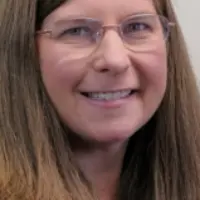
Kerri McGuire, PhD, LPC, NCC
Executive Director

James Jewell, MD
Medical Director
Accreditations

The Commission on Accreditation of Rehabilitation Facilities (CARF) is a non-profit organization that specifically accredits rehab organizations. Founded in 1966, CARF's, mission is to help service providers like rehab facilities maintain high standards of care.
CARF Accreditation: Yes
Contact Information
1668 Herlong Court
Rock Hill, SC 29732







